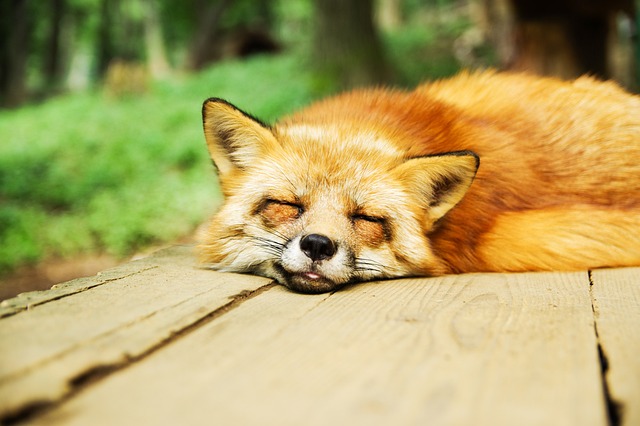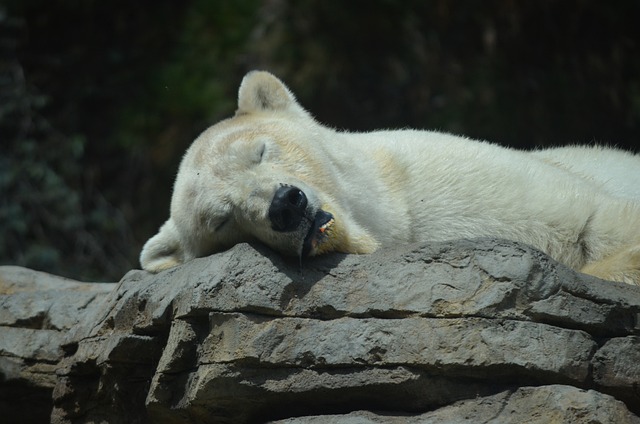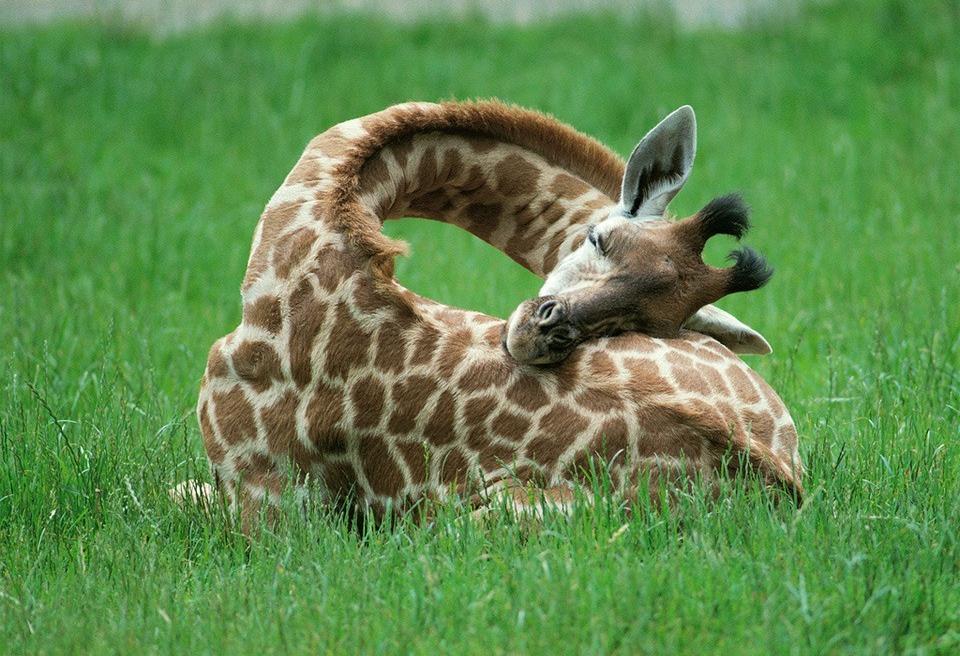Welcome to the fascinating world of animal sleep! Have you ever wondered how different animals sleep? From the brief naps of insects to the long slumber of mammals, the way animals sleep is as diverse as the animals themselves.

But before we delve into the unique sleeping habits of different species, let’s put your knowledge to the test. Do you think all animals sleep? Do you know which animals sleep the most? And can you name at least one animal with an unusual sleeping habit?
If you’re stumped, don’t worry – we’ll reveal the answers in this blog post. We’ll also explore the top 10 animals with the most unusual sleeping habits, and discover why sleep is so important for animals. So, are you ready to learn about the wild world of animal sleep?

Sleep is a vital part of an animal’s life, but the way different species sleep can vary greatly. From mammals to insects, each animal has its own unique sleeping habits.
Do flies sleep?
One interesting example is the fly. Despite their tiny size, flies do indeed sleep. However, their sleep patterns are vastly different from those of mammals. Flies only sleep for short periods, typically less than one minute at a time, and they often sleep while flying. This is known as unihemispheric slow-wave sleep, where one half of the brain sleeps while the other half remains active, allowing the fly to continue flying and avoid predators.
Which animals sleep the most?
When it comes to the animals that sleep the most, the list is topped by mammals. Bats lead the pack, sleeping for up to 19 hours a day. Closely following are opossums and armadillos, who sleep for around 18 hours a day. Humans, on the other hand, typically sleep for about 8 hours a day.

Here is a list of the top 10 animals that sleep the most:
- Bats: up to 19 hours a day.
- Opossums: around 18 hours a day.
- Armadillos: around 18 hours a day.
- Sloths: 15 hours a day.
- Koalas: 14 hours a day.
- Squirrels: around 14 hours a day.
- Cats: Up to 16 hours a day.
- Elephants: These large mammals sleep for up to 2-3 hours a day but in short bursts of 15 minutes to 2 hours
- Dogs: around 12-14 hours a day
- Giraffes: They sleep for just 5 to 30 minutes at a time, but they do it standing.
Animals with unusual sleeping habits

But not all animals follow the norm when it comes to sleep. Here are the top 10 animals with unusual sleeping habits:
Top 10 animals with unusual sleeping habits
- Giraffes: These tall mammals sleep for just 5 to 30 minutes at a time, and only do so while standing up.
- Dolphins: These intelligent mammals sleep in short bursts, allowing one half of their brain to rest while the other half stays active to surface for air.
- Walruses: These marine mammals sleep in the water, drifting along with the current while they rest.
- Kangaroos: These marsupials take brief naps throughout the day, often standing up and remaining alert for potential predators.
- Narwhals: These arctic whales sleep while swimming, keeping one eye open to watch for predators.
- elephants: These large mammals sleep standing up, and only for 2 hours at a time
- Octopuses: These intelligent invertebrates sleep in short bursts throughout the day, and often change color while they sleep
- Cats: These domestic animals sleep for up to 16 hours a day, but they often do so in short bursts
- Birds: Birds sleep in short bursts and some species have one eye open while they sleep to keep a lookout for predators.
- Bees: Bees sleep for only a few minutes at a time, and do so while flying.

